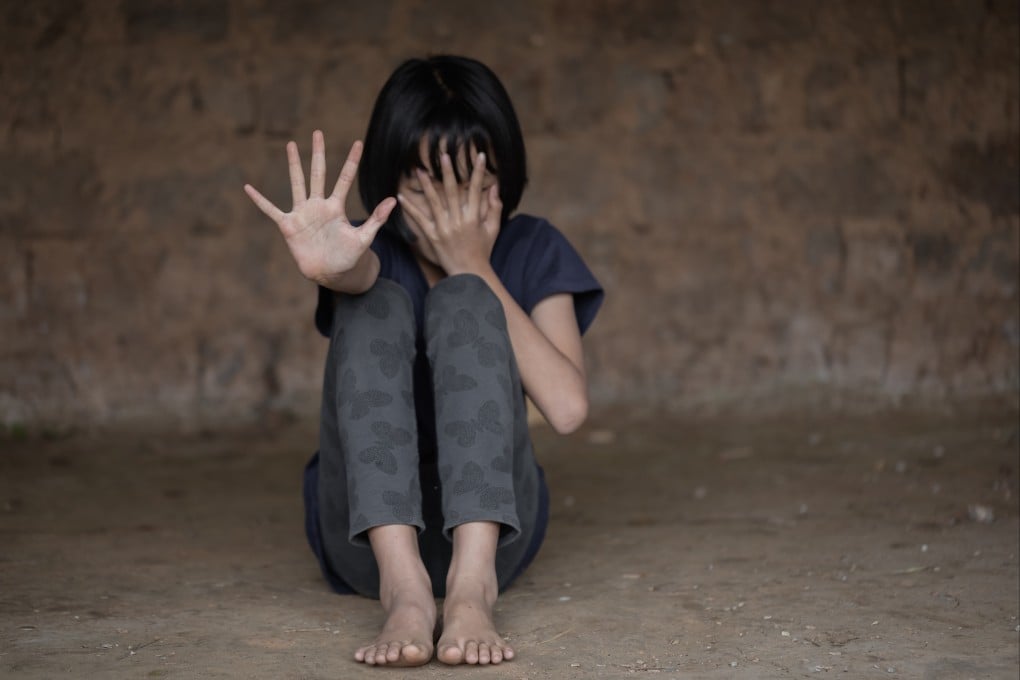Opinion | Hong Kong’s child abuse reporting law must cast a wide net and come with stiffer penalties
- As the government has now acknowledged the principle of mandatory reporting, a minimalist approach has nothing to commend it
- The public needs to know how seriously an offence is viewed by the legislature, not least because this can affect compliance

Last year, former chief executive Carrie Lam Cheng Yuet-ngor announced that “we are formulating a legislative proposal to provide for a mandatory reporting mechanism on child abuse cases”, and this was widely welcomed. If people aware that children are being mistreated are required to report it, it can prevent abusive situations from worsening.
The case for reform has also been buttressed by the Social Welfare Department’s Child Protection Registry, which disclosed 1,367 newly reported child abuse cases last year, up 45.4 per cent over the 2020 figure of 940 cases. But with no statutory requirement to report child abuse, official figures tell only part of the story, and the plight of most victims never comes to light.

In common law, there is no legal obligation to report a crime, let alone try to stop it. Although there may be a moral duty to act, it is legally unenforceable, and, for example, a witness to a wounding or a rape can choose to do nothing. Because of this, many people take the view that child abuse is “none of my business”, and the consequences have sometimes been dire.
